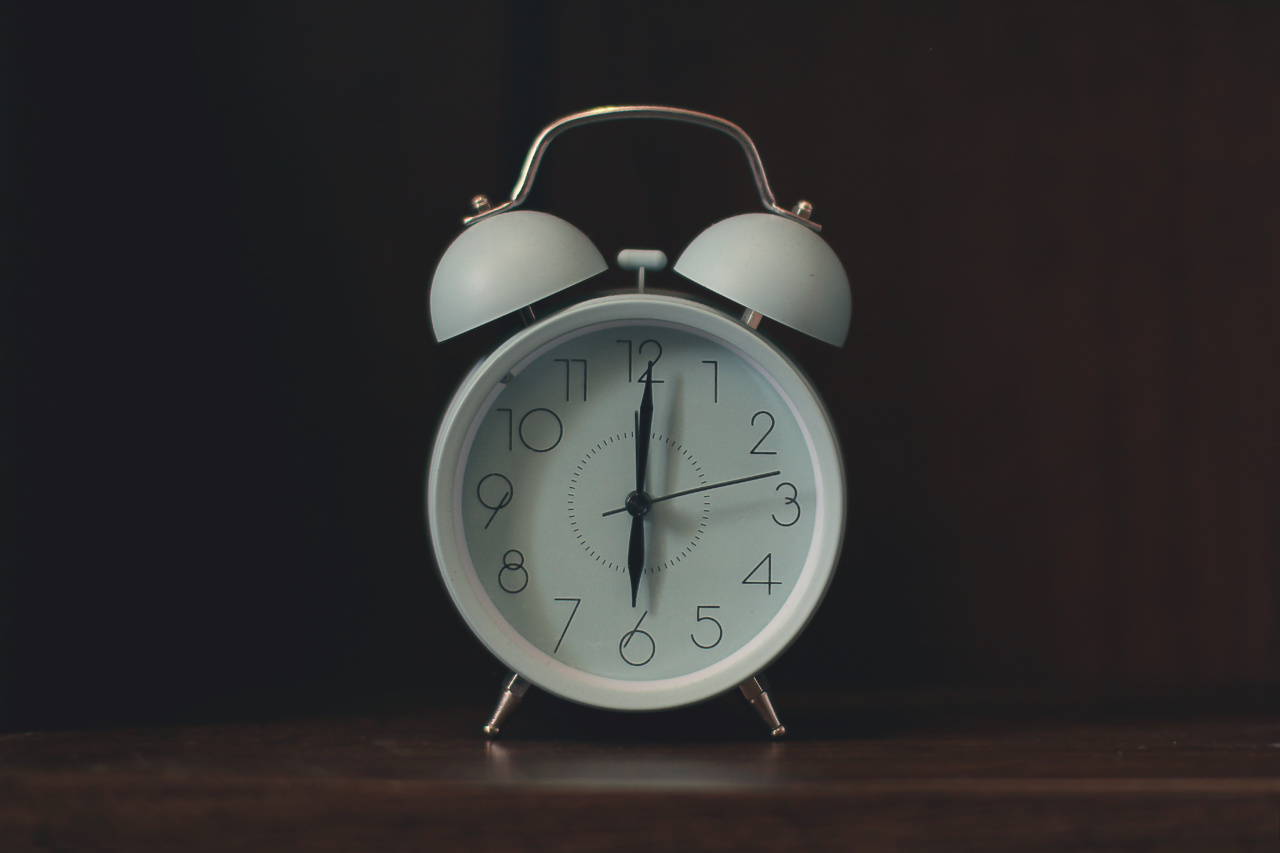Waking up with a swollen face can be quite alarming, and it is a common problem that many people experience. There can be a variety of reasons why your face may be swollen when you wake up in the morning.
In this article, we will explore some of the possible causes and ways to help reduce facial swelling.
1. Dehydration
One of the most common reasons for waking up with a swollen face is dehydration. When you are dehydrated, your body tends to retain water, which can lead to puffiness and swelling in different areas of your body, including your face.
This is because your body is trying to conserve water.
To prevent dehydration, it is essential to drink plenty of water throughout the day. Experts recommend drinking at least eight glasses of water per day to stay hydrated.
You can also include foods in your diet that are high in water content, such as watermelon, oranges, cucumbers, and strawberries.
2. Allergies
Allergies can also lead to facial swelling when you wake up in the morning.
This is because when you are exposed to an allergen, your body releases histamines, which can cause swelling and inflammation in different parts of your body, including your face.
If you suspect that allergies may be the cause of your facial swelling, try to identify the allergen so that you can avoid it.
You may also want to consider taking over-the-counter antihistamines to help reduce the swelling and other symptoms of allergies.
3. Lack of Sleep
Not getting enough sleep can also cause your face to appear swollen when you wake up in the morning.
When you don’t get enough sleep, your body may retain more water than usual, which can lead to puffiness and swelling in different areas of your body, including your face.
To prevent this from happening, it is crucial to get enough sleep every night. Experts recommend getting at least 7-8 hours of sleep to maintain good health and prevent facial swelling.
4. Salt Intake
If you consume too much salt, it can cause water retention and lead to facial swelling.
This is because salt can dehydrate your body and cause it to hold onto water, which can lead to puffiness and swelling in different areas of your body, including your face.
To prevent this from happening, try to limit your salt intake and avoid eating foods that are high in sodium. You can also consider using herbs and spices to add flavor to your food instead of salt.
5. Sinus Infection
A sinus infection can also lead to swelling in the face, particularly around the eyes. This is because a sinus infection can cause inflammation and swelling in the sinuses, which are located close to the eyes.
The pressure from the inflamed sinuses can cause the eyes to appear puffy and swollen.
If you suspect that you have a sinus infection, it is essential to seek medical attention to receive proper treatment. Your doctor may prescribe antibiotics to help clear up the infection and reduce the swelling in your face.
6. Crying
Crying can also cause your face to appear swollen when you wake up in the morning. This is because tears contain salt, and when you cry, the salt can cause your body to retain water, leading to puffiness and swelling in your face.
To prevent this from happening, try to avoid crying before going to bed, or use a cold compress on your eyes to help reduce the swelling.
7. Alcohol Consumption
Consuming too much alcohol can also lead to facial swelling when you wake up in the morning. This is because alcohol is a diuretic, which means that it can cause your body to lose water.
However, it can also cause dehydration, which can lead to water retention and facial swelling.
To prevent this from happening, try to limit your alcohol consumption, or avoid drinking alcohol altogether. It is also essential to drink plenty of water when you do consume alcohol to remain hydrated and prevent facial swelling.
8. Hormonal Changes
Hormonal changes can also cause facial swelling in some individuals, particularly during menstruation or menopause. This is because hormonal changes can cause fluid retention in different areas of the body, including the face.
To prevent this from happening, try to maintain a healthy diet and exercise regularly to help regulate your hormones. You may also want to speak to your doctor about hormonal replacement therapy if you are experiencing severe hormonal changes.
9. Sleeping Position
Lastly, your sleeping position can also cause facial swelling when you wake up in the morning. If you sleep on your stomach or on your side, you may be putting pressure on your face, which can cause your face to appear swollen when you wake up.
To prevent this, try to sleep on your back, as this can help alleviate pressure on your face. You can also try using a pillow to elevate your head and reduce the risk of facial swelling.
Conclusion
Facial swelling can be a common problem that many people experience, but it can be alarming when it happens. There can be a variety of reasons why your face may be swollen when you wake up in the morning, from dehydration to hormonal changes.
If you are experiencing facial swelling, try to identify the cause so that you can take steps to reduce the swelling and prevent it from happening in the future.
This may involve making changes to your diet, sleeping habits, or seeking medical attention for an underlying condition.































